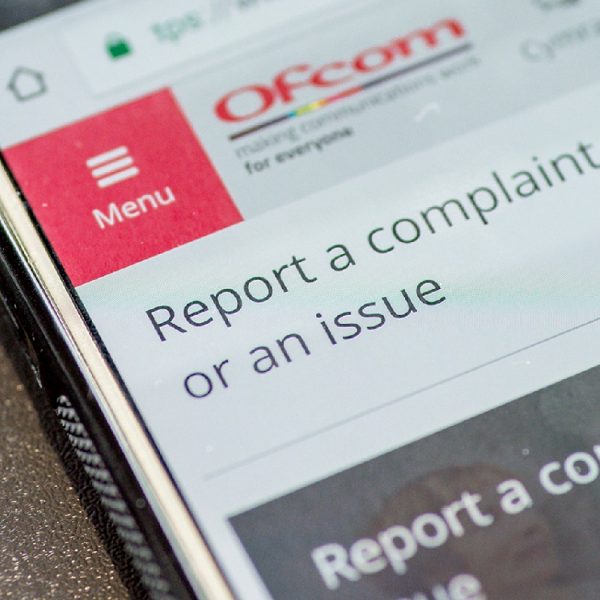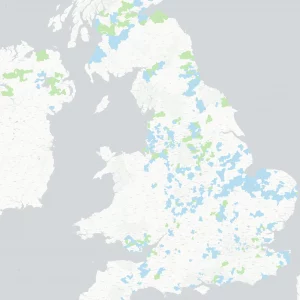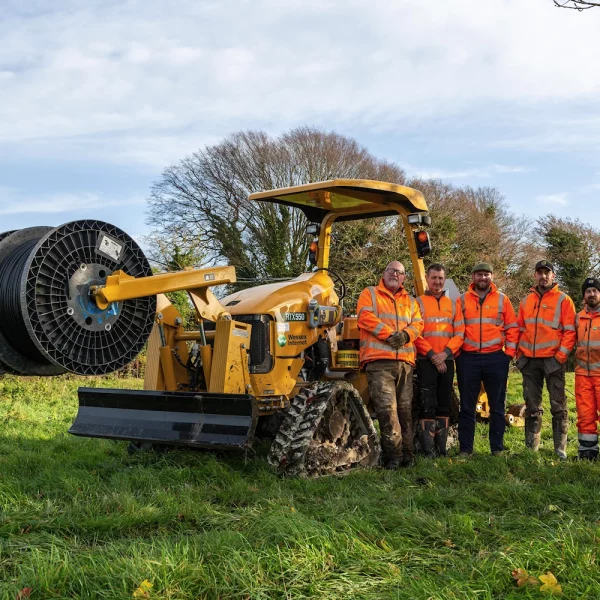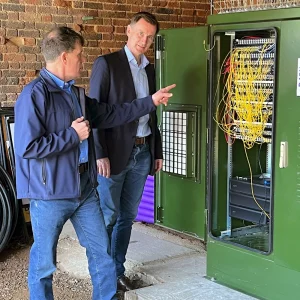Sponsored Links
Charities Call on Small UK ISPs to Block Child Porn
Posted: 23rd Feb, 2009 By: MarkJ
The Children's Charities Coalition on Internet Safety (CCCIS), which represents Action for Children, Barnardo's, Children's Society, ECPAT UK, NCB, NCVCCO, NSPCC and Stop It Now!, has called on the last 5% of predominantly smaller UK broadband ISPs to block child porn related links.
Similar calls were made in June last year (original news) after it was revealed that 95% of UK ISPs had deployed the Internet Watch Foundation's (IWF) list of known child abuse web sites so as to block access to them:
It is not known precisely which ISPs have refused to adopt the list, although we suspect it involves smaller providers. BBC News Online also has a summary of the same news, which includes an interesting quote from popular provider Zen Internet and Home Office Minister Alan Campbell:
The cost of deploying such a system has also been sighted as a hindrance which, while tolerable to larger providers, is likely to be more difficulty for the smallest of operations to manage. Elsewhere recent mistakes by the IWF haven't exactly helped the groups credibility (here). Understandably most providers in this situation would rather not talk about it.
Similar calls were made in June last year (original news) after it was revealed that 95% of UK ISPs had deployed the Internet Watch Foundation's (IWF) list of known child abuse web sites so as to block access to them:
CCCIS Statement
In April 2006 the Government said it wished to see all ISPs in the UK acting voluntarily to deploy the Internet Watch Foundation's list of known child abuse web sites so as to block access to them. The Government also indicated at the time, and repeatedly since, that it wished to see this objective fulfilled by 31st December, 2007. Ministers said that if 100% was not achieved by the end of December 2007 they would review alternative means of achieving the same end.
In January 2009, over a year after the deadline expired, the Government confirmed that the number of ISPs complying with the policy provided connectivity to around 95% of all UK households with broadband connections and that it had been stuck at that level for some time. 95% may sound like an impressive number but in this case a 5% difference means nearly three-quarters of a million households can still gain access to these horrific illegal sites. That is simply far too many and it represents a serious failure of the UKs self-regulatory system and of the Government to exert itself.
In April 2006 the Government said it wished to see all ISPs in the UK acting voluntarily to deploy the Internet Watch Foundation's list of known child abuse web sites so as to block access to them. The Government also indicated at the time, and repeatedly since, that it wished to see this objective fulfilled by 31st December, 2007. Ministers said that if 100% was not achieved by the end of December 2007 they would review alternative means of achieving the same end.
In January 2009, over a year after the deadline expired, the Government confirmed that the number of ISPs complying with the policy provided connectivity to around 95% of all UK households with broadband connections and that it had been stuck at that level for some time. 95% may sound like an impressive number but in this case a 5% difference means nearly three-quarters of a million households can still gain access to these horrific illegal sites. That is simply far too many and it represents a serious failure of the UKs self-regulatory system and of the Government to exert itself.
It is not known precisely which ISPs have refused to adopt the list, although we suspect it involves smaller providers. BBC News Online also has a summary of the same news, which includes an interesting quote from popular provider Zen Internet and Home Office Minister Alan Campbell:
Zen Internet, said in a statement: "We have not yet implemented the IWF's recommended system because we have concerns over its effectiveness."
Home Office Minister Alan Campbell said: "In 2006 the government stated that they wished to see 100% of consumer broadband connections covered by blocking, which includes child pornography, by the end of 2007. Currently in the UK, 95% of consumer broadband connections are covered by blocking. The government is currently looking at ways to progress the final 5%."
Home Office Minister Alan Campbell said: "In 2006 the government stated that they wished to see 100% of consumer broadband connections covered by blocking, which includes child pornography, by the end of 2007. Currently in the UK, 95% of consumer broadband connections are covered by blocking. The government is currently looking at ways to progress the final 5%."
The cost of deploying such a system has also been sighted as a hindrance which, while tolerable to larger providers, is likely to be more difficulty for the smallest of operations to manage. Elsewhere recent mistakes by the IWF haven't exactly helped the groups credibility (here). Understandably most providers in this situation would rather not talk about it.
Search ISP News
Search ISP Listings
Search ISP Reviews
Latest UK ISP News








Cheap BIG ISPs for 100Mbps+
150,000+ Customers | View More ISPs
Cheapest ISPs for 100Mbps+
Modest Availability | View More ISPs
Latest UK ISP News
Helpful ISP Guides and Tips
Sponsored Links
The Top 15 Category Tags
- FTTP (5511)
- BT (3514)
- Politics (2535)
- Openreach (2296)
- Business (2260)
- Building Digital UK (2243)
- FTTC (2042)
- Mobile Broadband (1972)
- Statistics (1788)
- 4G (1663)
- Virgin Media (1619)
- Ofcom Regulation (1460)
- Fibre Optic (1393)
- Wireless Internet (1389)
- FTTH (1381)
Sponsored
Copyright © 1999 to Present - ISPreview.co.uk - All Rights Reserved - Terms , Privacy and Cookie Policy , Links , Website Rules

































